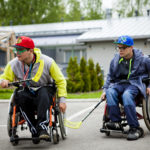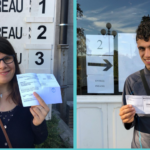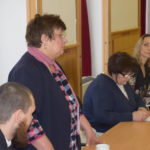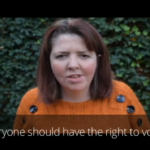Women with disabilities experience violence at significantly higher rates than women without disabilities, more frequently, for longer, in more ways, and by more perpetrators; they have considerably fewer pathways to safety, and are less likely to report experiences of violence. This is especially true for women with intellectual disabilities, above all if they live in long-stay residential institutions.
In the context of the Life After Violence project, Inclusion Europe did a study on how women with intellectual disabilities cope with violence they experienced in institutions, after they have left them.
The report was based on in-depth interviews with 10 women.
Read our articles:
- About the launch of the report in the European Parliament: “My biggest fear is that I will be put back into an institution”
- Interview with self-advocate Elisabeta Moldovan: “There were staff members who sexually abused residents”
- Interview with researcher Juultje Holla
- Article about successful deinstitutionalisation: “When people meet Julia now, they see someone who is awake and intensely enjoying life”
See all articles about life after violence, about institutions and about violence against women.
| Implementation Period | 2016 – 2018 |
| Financed by | Open Society Foundations |
| Project Coordinator | Inclusion Europe |
The “Life after Violence“ report is available both in the regular version and the easy-to-read version. There is also a Dutch version.
The project is continued by extending the scope of the research to more women in different European countries.






